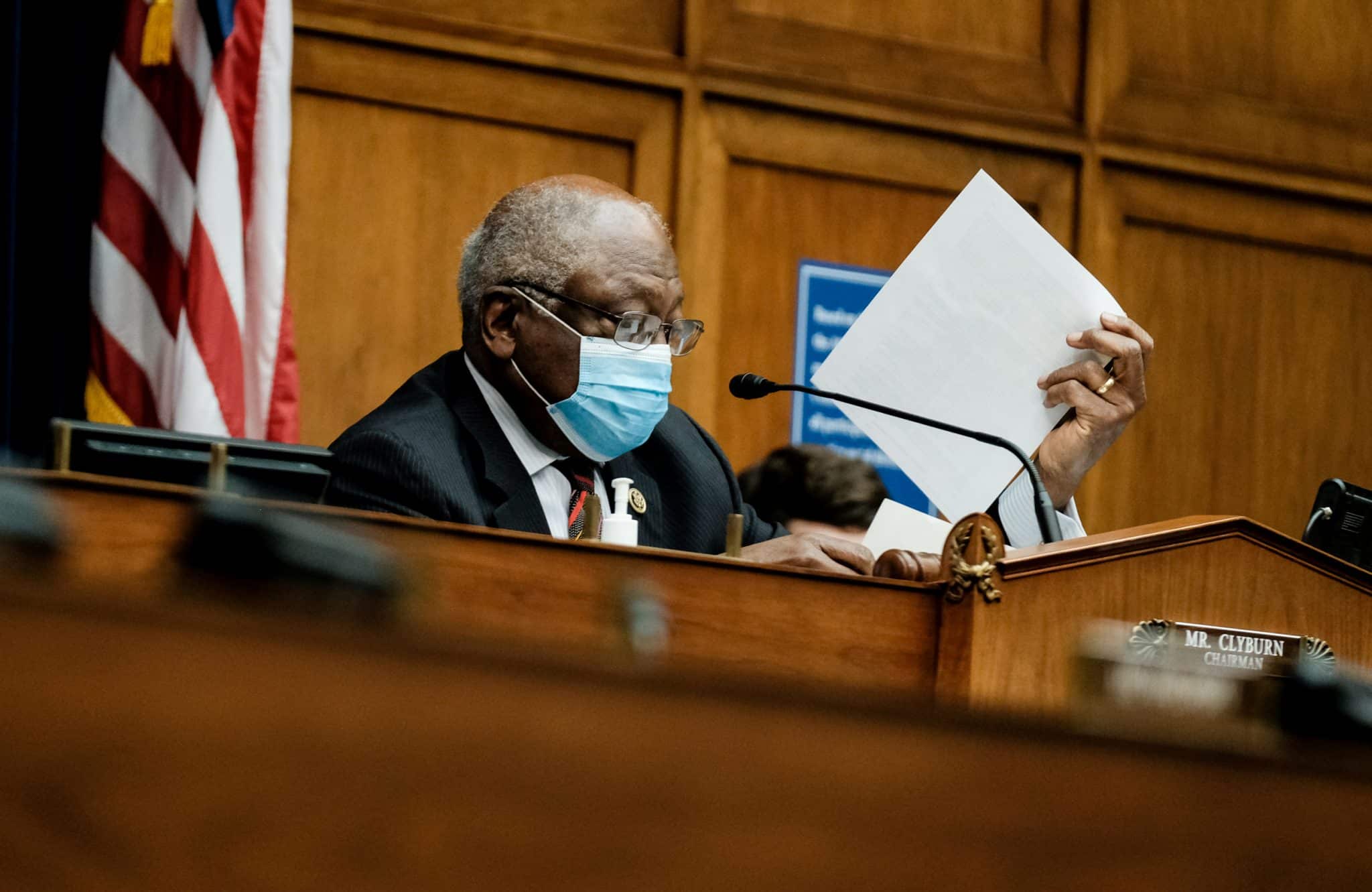The U.S. House of Representatives is set to vote on Wednesday on a pair of bills to expand background checks before gun purchases, two years after a similar House effort failed to make it through the Senate.
The House Rules Committee on Monday will take up the two bills that Democrats, who control the chamber, say are aimed at closing loopholes in the background check system.
The Rules Committee action is a procedural step before the full House votes. A congressional aide said the chamber was poised to vote on the bills on Wednesday.
The House passed two bills in 2019 to expand background checks but they were never taken up by the then-Republican-controlled Senate. Nearly all legislation in the 100-member Senate requires 60 votes and the prospects of overcoming that hurdle are uphill at best in the evenly divided chamber.
The issue of gun rights is contentious in the United States, where numerous mass shootings in recent decades prompted calls from many Americans for stricter regulation of firearms and ammunition.
The U.S. Constitution protects the right of Americans to bear arms. Republicans generally oppose measures to tighten gun restrictions.
One of the bills under consideration would make it illegal for anyone who is not a licensed firearms importer, manufacturer or dealer to transfer a firearm to any unlicensed person without a background check. The bill has exemptions, including gifts from relatives and transfers for hunting, target shooting and self-defense. A version was introduced in the Senate last week.
Democratic Senate Majority Leader Chuck Schumer said the bill, which would extend background checks to gun shows and other sales, would close “dangerous loopholes in the existing background check system to help keep all of our communities safe.”
The other bill extends the initial background check review period to 10 days from three. Under existing law, the sale of guns can proceed if a background check is not completed within three days.
Representative James Clyburn, the No. 3 House Democrat, said that provision permitted a man to obtain the gun used to kill nine people at a historic Black church in Charleston, South Carolina, in 2015. Clyburn says that because of the three-day rule, at least 75,000 people have obtained guns since 1998 who should not have.
The National Rifle Association’s Institute for Legislative Action (NRA-ILA) opposes both bills, arguing the three-day requirement “ensures that the FBI carries out its background check duties in an expedient and responsible manner.”
The NRA-ILA argues the other bill makes it a crime “to simply hand a firearm to another person” and suggests exceptions “are overly complicated and create many traps for unwary gun owners.”
(Reporting by David Shepardson; Editing by Peter Cooney)

























 Continue with Google
Continue with Google